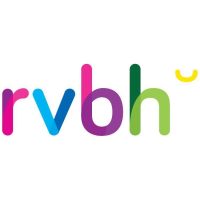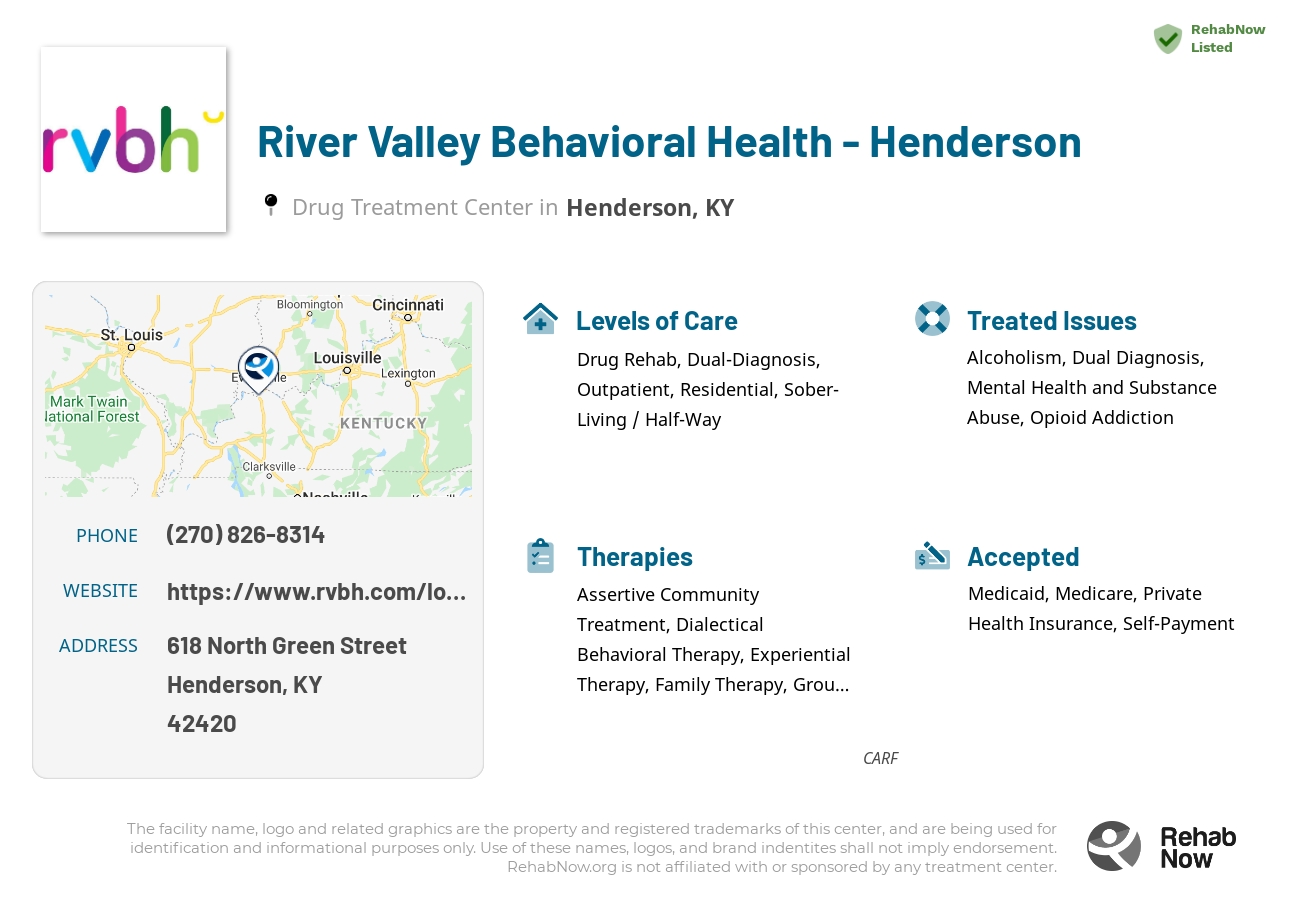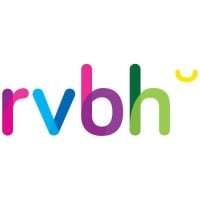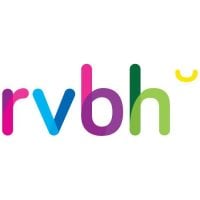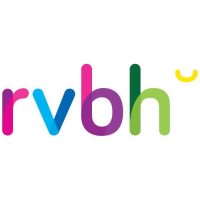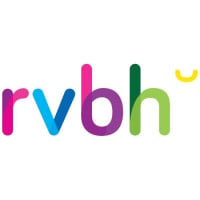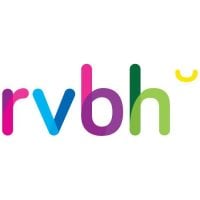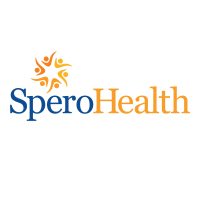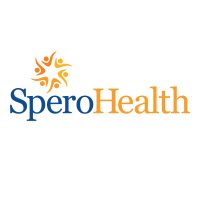River Valley Behavioral Health - Henderson
Drug Rehab Center in Henderson, Kentucky
River Valley Behavioral Health - Henderson offers comprehensive mental health, addiction, and substance abuse treatment services to adults, adolescents, and children in Henderson and the surrounding area, using evidence-based treatments including individual, group, and family therapies, as well as intensive outpatient services and medication management.
About River Valley Behavioral Health - Henderson in Kentucky
River Valley Behavioral Health in Henderson, Kentucky, is an outpatient clinic dedicated to behavioral health services, including substance abuse prevention and recovery. It stands out for its commitment to providing a full continuum of care and individualized services to children, adults, and families, addressing the unique behavioral needs of the community.
- Full Continuum of Care: Offers a comprehensive range of services from psychotherapy and psychiatric assessments to crisis stabilization and a gambling hotline.
- Evidence-Based Substance Abuse Treatment: Utilizes a combination of Cognitive Behavioral Therapy, Contingency Management, and 12-Step Recovery Methodologies.
- Accredited and Award-Winning: Recognized by The Joint Commission and awarded the Top Performer Award by the National Council for Behavioral Health.
River Valley Behavioral Health - Henderson holds accreditations from The Joint Commission and is a proud member of the Kentucky Association of Mental Health Providers. Their approach is rooted in evidence-based treatments tailored to meet the mental, emotional, and physical needs of their clients.
The facility addresses a variety of addictions and issues, offering specialized programs like their Evidence Based Substance Abuse Treatment (EBST) Program. Treatment methods include individual, group, and family therapies, alongside intensive outpatient services and medication management, catering to all levels of care needed for recovery.
Genders
Ages
Modality
Additional
Accreditations

CARF
The Commission on Accreditation of Rehabilitation Facilities (CARF) is a non-profit organization that specifically accredits rehab organizations. Founded in 1966, CARF's, mission is to help service providers like rehab facilities maintain high standards of care.
Conditions and Issues Treated
With so many people addicted to opioids, we need to help those who want to quit. The cycle begins when opioid addicts take opioids for a painful injury. When someone starts taking their medication differently or in excess, it means they’re addicted and at risk of overdosing.
In , detoxing from these types of treatments is the most effective way to beat this. Most facilities begin with medical assistance and then provide counseling services; rehabilitation follows after successful treatment.
Dual diagnosis refers to someone who has both an addiction and a mental or emotional illness. Dual diagnosis treatment includes therapy for both issues simultaneously, allowing for effective treatment of either.
Sometimes people with addiction disorders also have co-occurring disorders like depression, anxiety, bipolar disorder, etc. These require specialized treatment programs that address both drug and alcohol addiction as well as psychiatric illnesses. Some rehabilitation facilities provide patients with co-occurring disorders a program with highly integrated services and a clean, distraction-free environment.
Levels of Care Offered
This center offers a variety of custom treatment tailored to individual recovery. Currently available are Drug Rehab, Dual-Diagnosis, Outpatient, Residential, Sober-Living / Half-Way, with additional therapies available as listed below.
Alcohol or drug addiction, or co-occurring disorders, are treated in an outpatient program. The patient must attend therapy and other programs at the facility but can return home each night.
Outpatient treatment allows recovering addicts to live at home while receiving addiction treatment. Outpatients can attend group sessions for a few hours per week. Outpatients may also continue to work full time and study/attend school without interruption if they choose.
Sober living homes, offered by rehabilitation facilities, help recovering addicts transition back into society. These homes have rules and regulations that must be followed to maintain sobriety. They also provide resources such as vocational training and therapy sessions.
Residential treatment programs are those that offer housing and meals in addition to substance abuse treatment. Rehab facilities that offer residential treatment allow patients to focus solely on recovery, in an environment totally separate from their lives. Some rehab centers specialize in short-term residential treatment (a few days to a week or two), while others solely provide treatment on a long-term basis (several weeks to months). Some offer both, and tailor treatment to the patient’s individual requirements.
Therapies & Programs
Different people react differently to various treatment options. Some drug rehabilitation centers offer individualized treatment that caters to the specific needs of a drug addict. The best treatment option varies on an individual depending on the type of drug abused, life history, medical condition of the person, social circumstances, and the environment they live in now.
When a person enters drug rehab, they usually have anti-drug associations such as withdrawal symptoms, stress, cravings, etc. The first step of drug rehab is to detoxify the body from any residual substances in it. Drug rehabilitation centers usually employ trained medical professionals to help in this process. Usually, the initial detoxification lasts for five days, where the person is monitored under close supervision.
Family therapy sessions typically involve the addict and their family members. During these sessions, a therapist will work with everyone involved to help them understand addiction and find healthy ways of coping without substance abuse.
Some addicts might feel embarrassed about their substance abuse problems. By encouraging family members to attend these sessions, therapists can show addicts that they’re not alone in dealing with addiction. Therapists can also work with family members to help them understand addiction and learn how to offer support and encouragement to their loved one as they deal with substance abuse issues.
Attending group therapy at River Valley Behavioral Health - Henderson in , is a useful way for those seeking sobriety to realize they aren’t the only one going through it.
This is when a group of people on different recovery phases get together and talk about what they’re going through, their triggers, successes, and failures. This can include alternative types of therapies too! Group therapy may occur on an outpatient or inpatient basis with groups that have no pre-existing relationships outside the session, unlike support groups where everyone already knows each other beforehand.
Trauma therapy is a form of therapy used to help people process and understand past traumas. This can help struggling addicts, as many people turn to drugs or alcohol to mask the pain of their past. Trauma therapy can be done in several ways, such as through visualization, discussion, and writing down thoughts and feelings. The goal is to help the individual understand why they are having problems coping with certain situations and changing how they think and react to things. This is often done in tandem with other therapies to treat the underlying issues associated with addiction.
The idea behind trauma therapy is that while some people can experience traumatic events and not have lasting psychiatric symptoms, many others will. In these cases, memories get hidden from consciousness but continue to influence how the person processes and copes with things in their life. They may avoid situations that resemble what happened or become suddenly angry or irritated to a situation that reminds them of a past event. With the help of a therapist, people can go back over memories and experiences. This helps them understand why they are having problems coping with certain situations and changing how they think and react to things.
This type of cognitive-behavioral therapy helps people understand how their thoughts, behaviors, and feelings are interconnected. It can help patients with borderline personality disorder gain control over their actions and stop self-harming thoughts and attempts.
Cognitive Behavioral Therapy is a type of psychotherapy that helps people address the thoughts and behaviors that may have led to their addiction. It also helps change negative thoughts into positive ones and promotes healthy communication between addicts and those around them. CBT is an efficient treatment for individuals suffering from all sorts of addictions.
Cognitive Behavioral Therapy (CBT) focuses on the underlying thoughts and behaviors that caused the problem of addiction in the first place and may cause a relapse. Negative feelings are common in drug abuse disorders, but they can lead to co-occurring disorders if not recognized. CBT involves strategies that help to change the behavior pattern by restructuring negative thoughts into positive ones. It helps to remove these feelings, and it provides long-term benefits. Also, CBT promotes self-awareness, self-control and can be administered as a mono-therapy or as part of combination therapy.
Life Skills Services offered at Drug Treatment Centers assists addicts in their recovery by teaching them healthy coping mechanisms that will aid them in becoming sober, focussing on helping people enter into, and maintaining long-term sobriety. Drug Treatment Centers provide Life Skills Services at varying levels of intensity, specific to the needs and requirements of each patient.
Life Skills Services offered at Drug Treatment Centers assists addicts in their recovery by teaching them healthy coping mechanisms that will aid them in becoming sober, focussing on helping people enter into, and maintaining long-term sobriety. River Valley Behavioral Health - Henderson in Henderson, Kentucky provide Life Skills Services at varying levels of intensity, specific to the needs and requirements of each patient.The benefits of Life Skills Services offered at Drug Treatment Centers:
- Restores hope and empowerment — Helps addicts believe that recovery is possible and instills a new confidence in their ability to achieve a positive, drug-free future
- Enhances family involvement — Encourages families to get involved in the recovery process and supports their understanding and encouragement of healthy behavior.
- Increases patient’s compliance — Helps patients take responsibility for and ownership of their recovery and encourages continued progress
- Reduces relapse rates — Encourages long-term abstinence and emphasizes the importance of establishing sober support systems.
Good nutrition can be difficult for people recovering from addiction because they may not feel like eating while they are experiencing the physical and emotional side effects of detoxing.
Nutrition therapy can help addicts in the following ways:
- Helps individuals to understand which foods promote good health and support recovery that will assist them during detox
- Provides guidance and education about how to maintain a nutritious diet so they can stay healthy during recovery
- Improves their overall health and well-being, which can reduce the severity of substance withdrawal symptoms.
Nicotine replacement therapy is a popular method of treatment that helps individuals overcome their addiction to cigarettes by providing them with safer alternatives. Nicotine replacement options can include:
- Inhalers
- Gum
- Patches
These treatments are often used in combination with other therapies, such as cognitive behavioral therapy or motivational interviewing, to help individuals more easily transition into a smoking-free lifestyle.
Patient Experience
Experiential Therapy at River Valley Behavioral Health - Henderson
Experiential therapy is a type of therapeutic approach that focuses on having patients work through problems, issues, or emotions by engaging directly in some real experience. It occurs face-to-face with a therapist who helps these people to explore their feelings first hand. The hope is that when this happens, the patient will feel driven to turn away from their destructive behavior and instead take up positive behaviors or coping mechanisms. Direct experience methods, role play, psychodrama, interpersonal and social learning are a few different forms of experiential therapy.
Payment Options Accepted
For specific insurance or payment methods please contact us.
Is your insurance accepted?
Ask an expert, call (888) 674-0062
River Valley Behavioral Health Associated Centers
Discover treatment facilities under the same provider.
- RiverValley Behavioral Health - Crisis Stabilization Unit in Owensboro, KY
- RiverValley Behavioral Health - Ohio County Office in Beaver Dam, KY
- RiverValley Behavioral Health - Henderson County Office in Henderson, KY
- RiverValley Behavioral Health - Union County Office in Morganfield, KY
- River Valley Behavioral Health - Providence in Providence, KY
Learn More About River Valley Behavioral Health Centers
Additional Details
Specifics, location, and helpful extra information.
Henderson, Kentucky 42420 Phone Number(270) 826-8314 Meta DetailsUpdated April 15, 2024
Staff Verified
River Valley Behavioral Health - Henderson Patient Reviews
There are no reviews yet. Be the first one to write one.
Henderson, Kentucky Addiction Information
Kentucky ranks among the top ten states for opioid-related overdoses. Most of these are due to heroin, fentanyl, and prescription opioid use. A little over 11% of the Kentucky population abuses alcohol in a given year. More than 15% of Kentucky adults admit to participating in binge drinking every month.
Henderson, KY has a drug use rate of 9.2%, and 2.5% of the population has an addiction to drugs. In Henderson County, there were 54 drug overdoses in 2016. The number of heroin overdoses has quadrupled since 2010 in the area. Additionally, there are over 2,000 people in Henderson who are admitted to rehab each year due to their drug addiction. Treatment programs in Henderson mostly include outpatient care and residential treatments.
Treatment in Nearby Cities
- Madisonville, KY (36.1 mi.)
- Flemingsburg, KY (213.2 mi.)
- Fulton, KY (116.8 mi.)
- Bowling Green, KY (85.7 mi.)
- Louisa, KY (272.2 mi.)
Centers near River Valley Behavioral Health - Henderson
The facility name, logo and brand are the property and registered trademarks of River Valley Behavioral Health - Henderson, and are being used for identification and informational purposes only. Use of these names, logos and brands shall not imply endorsement. RehabNow.org is not affiliated with or sponsored by River Valley Behavioral Health - Henderson.
